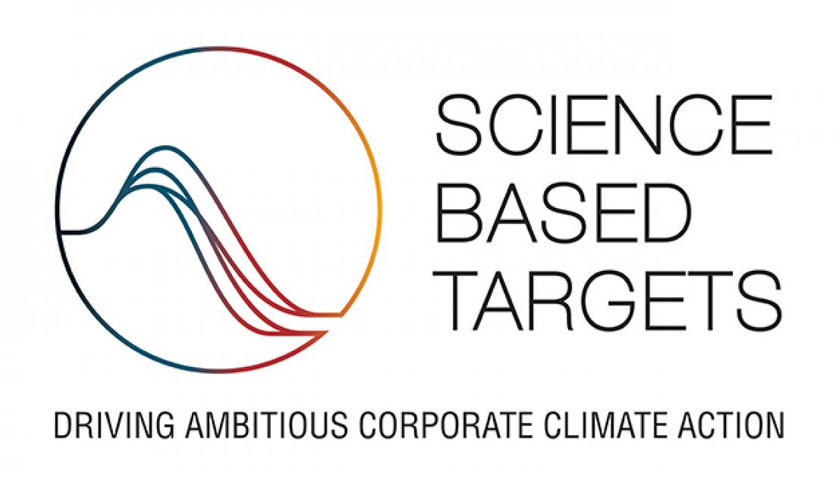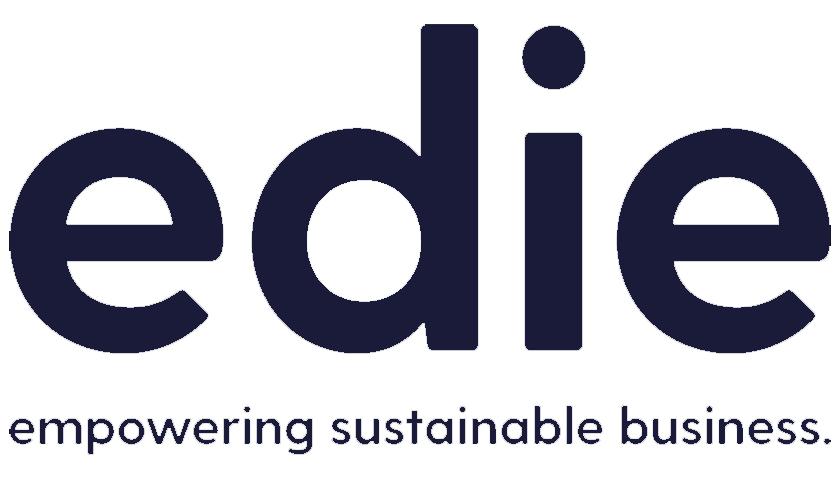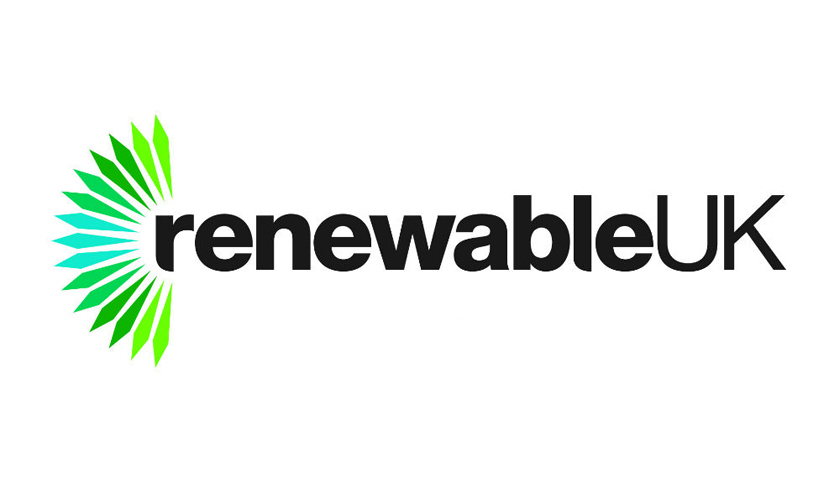The Science Based Targets initiative (SBTi) has unveiled a suite of revisions and new resources to enable financial institutions (FIs) to set ambitious near-term emission reduction targets. The changes include an increase in ambition to 1.5°C, the introduction of fossil fuel finance criteria and overall improvements for usability and clarity. The SBTi is hosting two webinars on 12 June 2024 where its experts will provide an overview of the new resources. The primary resource released is the Financial Institutions’ Near-Term Criteria Version 2.0 (FINT Criteria V2). A more detailed overview…
Read MoreDay: 7 July 2024
edie launches new business guide on the circular economy
edie has published an updated guide on the circular economy, detailing all the key challenges and opportunities that businesses will need to explore when looking to boost resource efficiency. Municipal waste is on course to increase by more than 66% in volume, leading to direct costs of around $360bn unless more can be done to transition to a circular economy. The United Nations Environment Programme’s (UNEP) Global Waste Management Outlook 2024 (GWMO 2024) report highlights that closed-loop models are not just a global imperative for the planet, but could provide…
Read MoreVodafone Germany uses digital twins to protect trees against extreme heat
The rise of global warming has caused cities to become warmer. In Germany, this has led to a loss of natural sites and caused the maintenance of greenery to become much harder. In particular, urban trees are often watered too late, too much or not enough, causing them to die out quickly. A new Internet of Things (IoT) project is exploring how connected technology can help to maintain healthy trees more effectively, while reducing water waste, CO2 emissions and cost. Weather detection sensors In the city of Erlangen, Vodafone Germany…
Read MoreRoadmap for energy skills transition secures backing from wind, oil and gas sectors
Energy industry leaders have aligned on a roadmap for a prototype ‘energy skills passport’ to enable cross-sector recognition of energy industry expertise and training. Delivery on the commitment to a ‘skills passport’ was set out in both the North Sea Transition Deal and Offshore Wind Sector Deal struck between industry and the UK government. The passport is intended to show both workers and employers how skills and qualifications can be recognised by employers across sectors such as oil and gas and offshore wind. The ability for workers to move smoothly…
Read MoreCedara Releases Groundbreaking Research Report on Scope 1-3 Emissions for Programmatic Digital Media Companies
Cedara, the Carbon Intelligence Platform, has announced the release of an industry-first research report shedding light on the Scope 1-3 emissions breakdown by category specifically for programmatic digital media companies. The comprehensive study, compiled from data collected from Cedara clients, provides a detailed analysis of emissions utilising the standard GHG protocol, with a focus on measuring media delivery and operations using the industry-standard SRI & Alliance Digitale framework. The research report delves into two primary categories: Corporate Overhead and Product-related emissions. Corporate Overhead emissions encompass various facets such as marketing,…
Read More



